Chairs
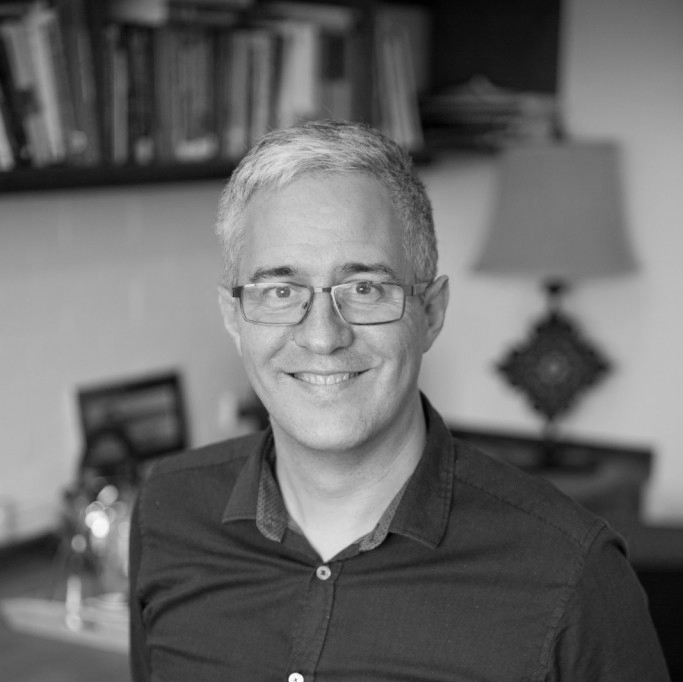 Rafael A Calvo is Professor at the University of Sydney, ARC Future Fellow and researcher at the Young and Well Cooperative Research Centre. He worked at the Language Technology Institute in Carnegie Mellon University, Universidad Nacional de Rosario (Argentina) and on sabbaticals at the University of Cambridge and the University of Memphis. Rafael also has worked as an Internet consultant for projects in the US, Australia, Brasil, and Argentina. He is the author of two books and over 100 publications in the fields of learning technologies, affective computing and computational intelligence. Rafael is Associate Editor of the IEEE Transactions on Learning Technologies, the IEEE Transactions on Affective Computing and the Journal of Medical Internet Research (JMIR-HF). Rafael is Editor of the Oxford Handbook of Affective Computing and co-author of ‘Positive Computing’ (MIT Press) with Dorian Peters.
Rafael A Calvo is Professor at the University of Sydney, ARC Future Fellow and researcher at the Young and Well Cooperative Research Centre. He worked at the Language Technology Institute in Carnegie Mellon University, Universidad Nacional de Rosario (Argentina) and on sabbaticals at the University of Cambridge and the University of Memphis. Rafael also has worked as an Internet consultant for projects in the US, Australia, Brasil, and Argentina. He is the author of two books and over 100 publications in the fields of learning technologies, affective computing and computational intelligence. Rafael is Associate Editor of the IEEE Transactions on Learning Technologies, the IEEE Transactions on Affective Computing and the Journal of Medical Internet Research (JMIR-HF). Rafael is Editor of the Oxford Handbook of Affective Computing and co-author of ‘Positive Computing’ (MIT Press) with Dorian Peters.
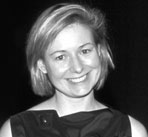 Rosalind W. Picard is founder and director of the Affective Computing Research Group at the MIT Media Laboratory and faculty chair of MIT’s Mind+Hand+Heart wellbeing initiative. She is co-founder of Empatica, creating wearable sensors and analytics to improve health, and Affectiva, providing analytics to measure and communicate emotion. Picard is the author of the book Affective Computing, which helped give rise to a field by that name, and has authored or co-authored over two hundred scientific articles and chapters spanning HCI, computer vision, pattern recognition, machine learning, wearable sensors and affective computing. She is an IEEE Fellow, and was named by CNN as “One of seven Tech SuperHeroes to watch in 2015”. Picard is a recipient of several best paper prizes, including work on machine learning with multiple models (with Minka, 1998), a best theory paper prize for affect in human learning (with Kort and Reilly, 2001), a best Face and Gesture paper prize for work with facial expressions (with McDuff, Kaliouby and Demirdjian, 2013) and a best UBICOMP paper for an automated conversation coach (with Hoque et al, 2013).
Rosalind W. Picard is founder and director of the Affective Computing Research Group at the MIT Media Laboratory and faculty chair of MIT’s Mind+Hand+Heart wellbeing initiative. She is co-founder of Empatica, creating wearable sensors and analytics to improve health, and Affectiva, providing analytics to measure and communicate emotion. Picard is the author of the book Affective Computing, which helped give rise to a field by that name, and has authored or co-authored over two hundred scientific articles and chapters spanning HCI, computer vision, pattern recognition, machine learning, wearable sensors and affective computing. She is an IEEE Fellow, and was named by CNN as “One of seven Tech SuperHeroes to watch in 2015”. Picard is a recipient of several best paper prizes, including work on machine learning with multiple models (with Minka, 1998), a best theory paper prize for affect in human learning (with Kort and Reilly, 2001), a best Face and Gesture paper prize for work with facial expressions (with McDuff, Kaliouby and Demirdjian, 2013) and a best UBICOMP paper for an automated conversation coach (with Hoque et al, 2013).
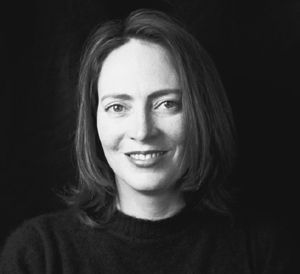 Pattie Maes is the Alexander W. Dreyfoos (1954) Professor at MIT’s Media Laboratory and the department head for the Program in Media Arts and Sciences. She founded and directs the Media Lab’s Fluid Interfaces research group, whose goal is to design and develop computer interfaces that are a more natural extension of our minds, bodies and behavior. Prior to joining the Media Lab, Maes was a visiting professor and a research scientist at the MIT Artificial Intelligence Lab. She holds bachelor’s and PhD degrees in computer science from the Vrije Universiteit Brussel in Belgium. Her areas of expertise are human-computer interaction and artificial intelligence. Maes is the editor of three books, and is an editorial board member and reviewer for numerous professional journals and conferences. She is the author of over 100 publications as well as several patents. In 2011, FastCompany named her one of most influential designers. Newsweek magazine named her one of the “100 Americans to watch for” in the year 2000.
Pattie Maes is the Alexander W. Dreyfoos (1954) Professor at MIT’s Media Laboratory and the department head for the Program in Media Arts and Sciences. She founded and directs the Media Lab’s Fluid Interfaces research group, whose goal is to design and develop computer interfaces that are a more natural extension of our minds, bodies and behavior. Prior to joining the Media Lab, Maes was a visiting professor and a research scientist at the MIT Artificial Intelligence Lab. She holds bachelor’s and PhD degrees in computer science from the Vrije Universiteit Brussel in Belgium. Her areas of expertise are human-computer interaction and artificial intelligence. Maes is the editor of three books, and is an editorial board member and reviewer for numerous professional journals and conferences. She is the author of over 100 publications as well as several patents. In 2011, FastCompany named her one of most influential designers. Newsweek magazine named her one of the “100 Americans to watch for” in the year 2000.
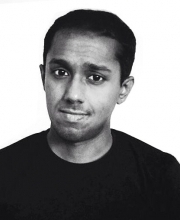 Karthik Dinakar is a PhD candidate and Reid Hoffman Fellow at MIT. He is a computer scientist in the fields of machine learning, natural language processing and human-computer interaction to compute for empathy. His graduate work involves applying probabilistic graphical models and to model, understand and predict adolescent distress, crisis counseling and self-harm. He is interested in causal inference, large-scale single-subject experiment designs, bayesian graph theoretic machine learning for embedding clinical science in the naturalistic settings that people live in everyday.
Karthik Dinakar is a PhD candidate and Reid Hoffman Fellow at MIT. He is a computer scientist in the fields of machine learning, natural language processing and human-computer interaction to compute for empathy. His graduate work involves applying probabilistic graphical models and to model, understand and predict adolescent distress, crisis counseling and self-harm. He is interested in causal inference, large-scale single-subject experiment designs, bayesian graph theoretic machine learning for embedding clinical science in the naturalistic settings that people live in everyday.
Program Committee
 Adam Jaroszewski is a clinical psychology PhD candidate at Harvard University. He investigates the cognitive and affective factors that put individuals at risk for self-injurious thoughts and behaviors. He is particularly interested in understanding why people hurt themselves from a decision-making perspective. With the ultimate goal of preventing self-harm, he uses a variety of approaches to assess theoretical processes that undergird maladaptive decision-making and to predict risk for self-harm, including machine learning techniques and computational reinforcement-learning models.
Adam Jaroszewski is a clinical psychology PhD candidate at Harvard University. He investigates the cognitive and affective factors that put individuals at risk for self-injurious thoughts and behaviors. He is particularly interested in understanding why people hurt themselves from a decision-making perspective. With the ultimate goal of preventing self-harm, he uses a variety of approaches to assess theoretical processes that undergird maladaptive decision-making and to predict risk for self-harm, including machine learning techniques and computational reinforcement-learning models.
 Charlene Deming is a PhD candidate in Clinical Psychology at Harvard University. Her clinical experience working with people with depression, anxiety, and borderline personality disorder inspire her research to better understand: (1) how to identify those at highest risk for suicide and self-harm, and (2) how to treat such individuals. Her current research explores the roles of social networks and communication in suicide and self-harm. Through interdisciplinary collaboration with those in the field of computer science, she hopes to use novel design and intervention techniques for helping people who are at risk for suicide and self-harm.
Charlene Deming is a PhD candidate in Clinical Psychology at Harvard University. Her clinical experience working with people with depression, anxiety, and borderline personality disorder inspire her research to better understand: (1) how to identify those at highest risk for suicide and self-harm, and (2) how to treat such individuals. Her current research explores the roles of social networks and communication in suicide and self-harm. Through interdisciplinary collaboration with those in the field of computer science, she hopes to use novel design and intervention techniques for helping people who are at risk for suicide and self-harm.
Greg Wadley is a lecturer in the Department of Computing and Infor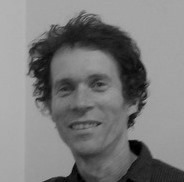 mation Systems at the University of Melbourne, Australia. His research involves the design and evaluation of technologies for health and wellbeing: this has included projects in the areas of mental health, social connectedness, hospitalized children, smoking cessation, chronic pain, screening tools, and games for health. His major focus since 2009 has been on the design and trial of online social therapies for young people with mental health problems and their carers. He has recently drawn upon his experiences to author papers on “sensitive HCI”.
mation Systems at the University of Melbourne, Australia. His research involves the design and evaluation of technologies for health and wellbeing: this has included projects in the areas of mental health, social connectedness, hospitalized children, smoking cessation, chronic pain, screening tools, and games for health. His major focus since 2009 has been on the design and trial of online social therapies for young people with mental health problems and their carers. He has recently drawn upon his experiences to author papers on “sensitive HCI”.
 Simon Hoermann is a Postdoctoral Research Associate at the University of Sydney. He works in the field of Positive Computing with particular interest in developing technologies to enhance well-being. He investigates how real-time synchronous text-based communication between visitors and volunteers of a mental-health side for young people can be improved. His goal is to advance computer based therapeutic interventions through researching technology and its application and by forming a link between psychology and engineering. During his post-doctoral fellowship with the Departments of Medicine and Information Science (University of Otago), he investigated how computer mediated visual illusions help the recovery of patients in the early stage after stroke.
Simon Hoermann is a Postdoctoral Research Associate at the University of Sydney. He works in the field of Positive Computing with particular interest in developing technologies to enhance well-being. He investigates how real-time synchronous text-based communication between visitors and volunteers of a mental-health side for young people can be improved. His goal is to advance computer based therapeutic interventions through researching technology and its application and by forming a link between psychology and engineering. During his post-doctoral fellowship with the Departments of Medicine and Information Science (University of Otago), he investigated how computer mediated visual illusions help the recovery of patients in the early stage after stroke.
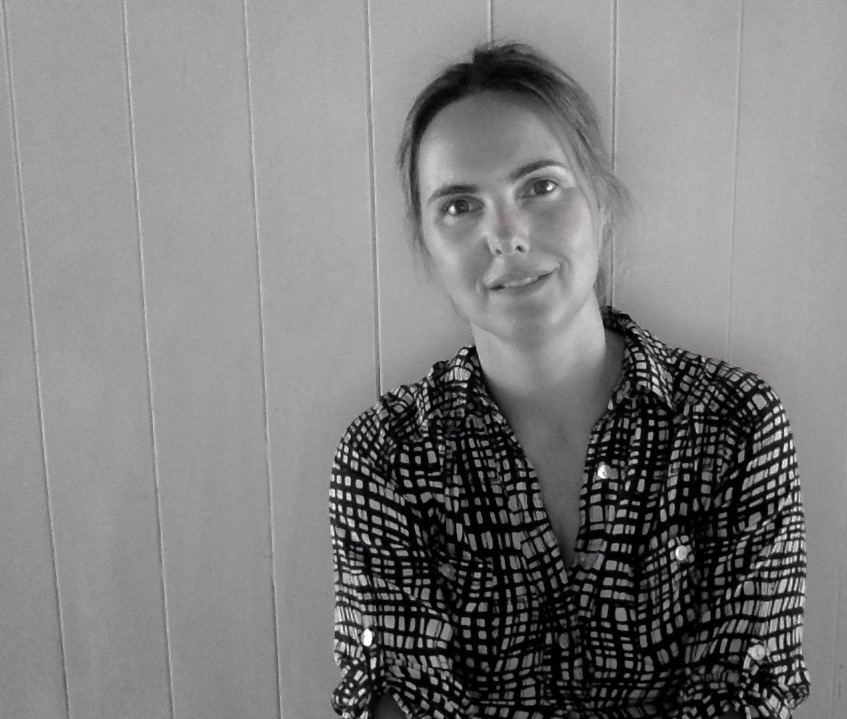 Kathryn McCabe is a postdoctoral researcher based at the UC Davis MIND Institute. Her research interests are in the areas of social cognition, sensory processing and novel technology-based interventions for children with genetic and neurodevelopmental disorders. She holds a Bachelor degree in Psychology and PhD in Medicine and Public Health from the University of Newcastle, Australia. Prior to joining the MIND Institute, she has been a visiting fellow at the Institute of Psychiatry, London and held positions at the University of Sydney and The University of Newcastle, Australia. The focus of her research to date has been to understand the social-cognitive difficulties observed in different neurodevelopmental disorders and psychiatric conditions and to use these findings to design targeted technology-based interventions to improve functional outcome.
Kathryn McCabe is a postdoctoral researcher based at the UC Davis MIND Institute. Her research interests are in the areas of social cognition, sensory processing and novel technology-based interventions for children with genetic and neurodevelopmental disorders. She holds a Bachelor degree in Psychology and PhD in Medicine and Public Health from the University of Newcastle, Australia. Prior to joining the MIND Institute, she has been a visiting fellow at the Institute of Psychiatry, London and held positions at the University of Sydney and The University of Newcastle, Australia. The focus of her research to date has been to understand the social-cognitive difficulties observed in different neurodevelopmental disorders and psychiatric conditions and to use these findings to design targeted technology-based interventions to improve functional outcome.